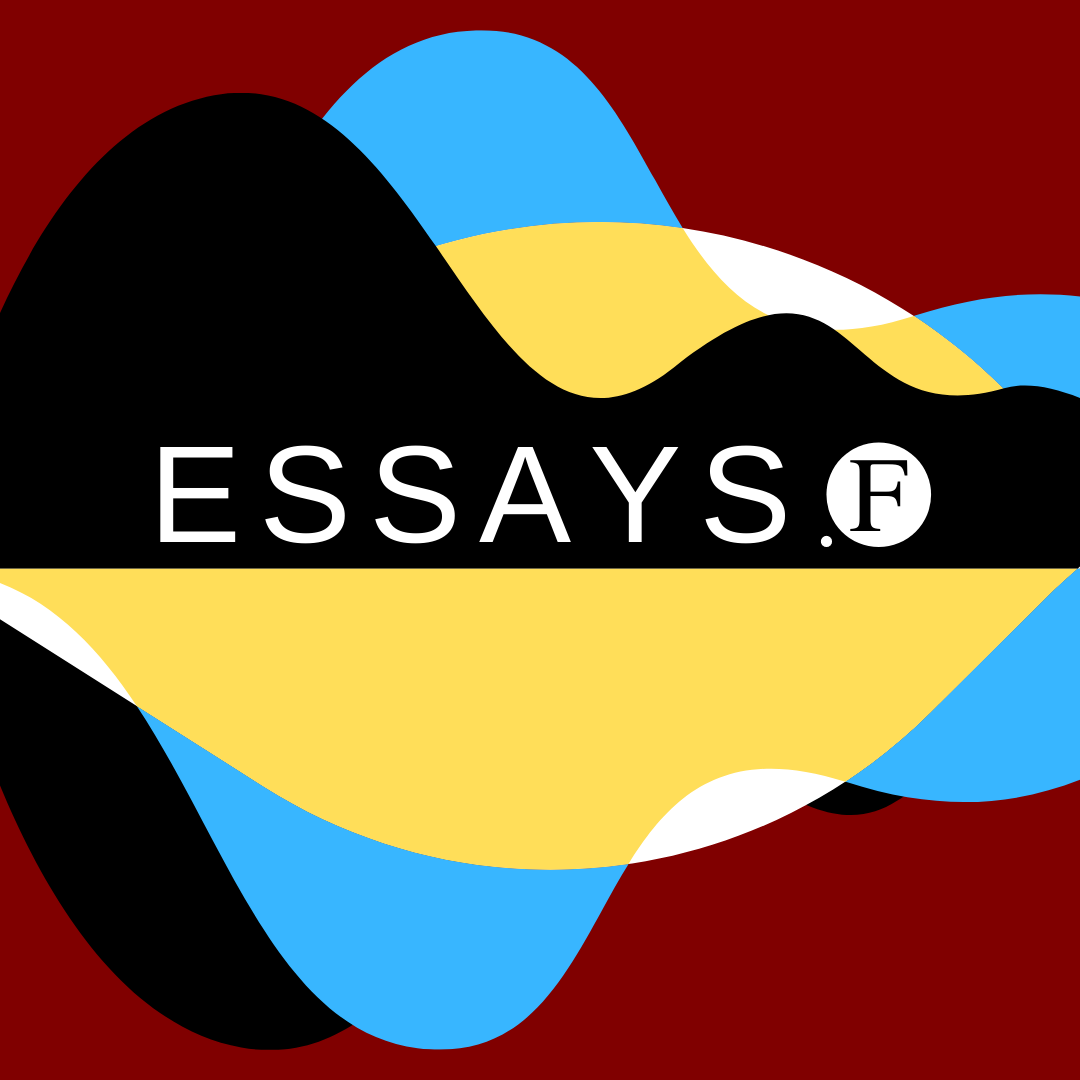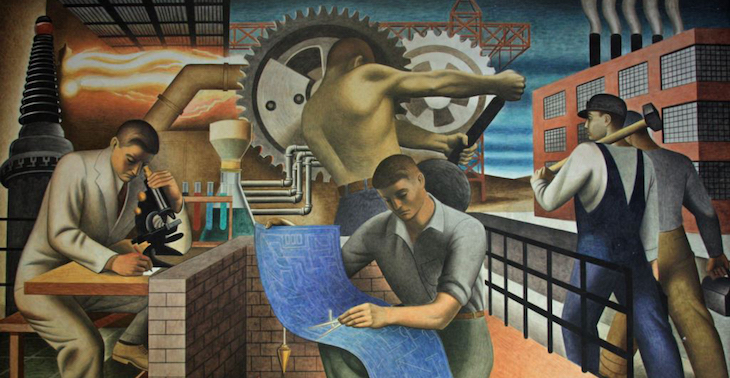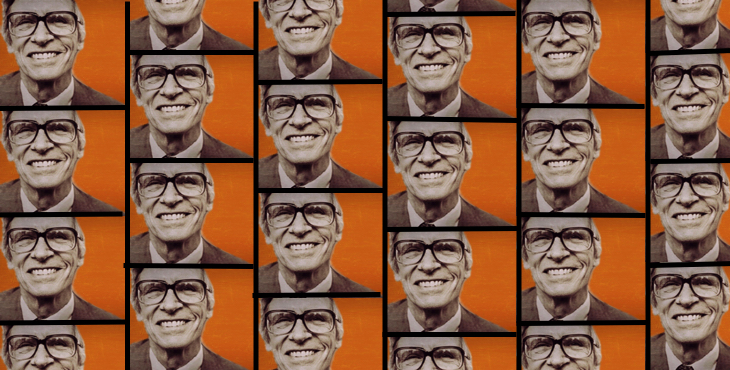Good Work
Sam Clark explores what it takes for work to contribute to human flourishing
Work is both a central arena of self-making, self-understanding, and self-development, and a deep threat to our flourishing. We inhabitants of market societies spend large parts of our lives working, by comparison, for example, with hunter-gatherers. So, work is a pressing ethical problem for us, about which recent moral and political philosophy has said surprisingly little. My question is: what kind of work is good for human beings, and what kind bad? What work is to human flourishing as eating your greens and doing thirty minutes of exercise a day is to human health? What work is fatty food, cigarettes, and too much beer?
My answer develops a self-realisation account of the good: (1) human flourishing is the development and expression of human potential; (2) this happens over a lifetime through appropriate practice—that is, what we do shapes who and what we become. So, our institutions, habits, rituals, roles, strategies, and tools need critical scrutiny. Do they aid our development? Do they thwart it? Worse, do they distort it?
Work is a problem of human development, and I address it by asking, for three central human capacities, what each capacity needs from our work if it’s to develop towards its full expression. My answers lead to an account of good work as requiring pleasure, skill, and democracy.
My first capacity is that humans are passionate choosers. We are choosers: we are partly self-directed, face dilemmas, pick between options. And we are motivated choosers: we yearn towards some things and flinch away from others. Good work, therefore, needs to engage our motivational psychology, and especially to engage our capacity for pleasure, in three ways.
First, pleasure in the product of work: Good work makes things we can take pleasure in. A repellent product, as when I make cheap rubbish or add to the confusion and unhappiness of the world, means that my work is bad. Work that makes pleasing things—a beautiful and useful table, an enjoyable novel, laughing children—is good work.
Second, there is pleasure in rest after work: good work is not excessive or debilitating, but is enough to feel that my powers have been exercised, and to enjoy a well-earned rest in which they’re replenished.
Third, there is pleasure in the work itself: This could be the unself-conscious absorption—flow, being in the zone—which we sometimes find in running or making music. But pleasure in the work itself also needs complex structure over time: (1) Waking a particular capacity, as when I hear Beethoven for the first time, in which there is an intense joy of discovery, which motivates pursuit. (2) Deepening pleasure through developing perception and understanding, as when I get to know Beethoven’s late string quartets. Here there is a distinct pleasure of repetition, as I get more out of each listen. (3) Overcoming obstacles to engagement, which, once passed, reveal further vistas, as when I don’t understand the Grosse Fugue that originally closed String Quartet 13. Here there is frustration at the obstacle, but also pleasurable expectation of its anticipated overcoming, and new pleasure in the new depth that overcoming reveals. There is a stepwise process of development: gradual deepening, stalling at an obstacle, and getting past it into new depths.
What I’ve said so far is incomplete in that my example of the pleasures of listening to music is passive: it’s a matter of consumption not of action, and that won’t do as an account of good work. We need to consider another capacity.
My second capacity is that humans are skilled makers. We are makers: we’re handy, we reach out to shape and use the world for our own purposes. And we’re skilled makers: we get better at particular kinds of shaping only by attempting it. I can’t learn to play the guitar just by reading about it; I have to do it. We develop skill by using it: our activity of shaping the world reshapes us.
To be skill-developing, our activity needs two features: (1) A particular kind of object, with a complex internal landscape of depth and obstacles—plains to cross, space to explore, mountains and rivers to struggle over, vistas revealing what can be seen but not yet reached. Examples of such objects include music, mathematics, carpentry, philosophy, and medicine. But this complexity on its own isn’t enough, because one way of dealing with complex objects is Taylorism, that is, dividing up a complex activity into its smallest components and distributing them across different people. This is very efficient for productive purposes but it’s not skill-developing. Skill-development also requires (2) a particular relation to the object, in which I move from absorption in detail to self-conscious overview of the whole and of my performance in relation to it; I respond to feedback from resistance, and can test that resistance with various approaches; I problem-find as well as problem-solve; I have self-direction in response to the object, rather than just applying a predetermined technique or tool to it. That is, I am an autonomous worker, who forms and acts on my own plans, changes those plans in response to my successes and failures, and transforms myself by doing so.
Summing up my first and second capacities: the human capacity of passionate choice demands pleasure of several kinds in work; the human capacity of skilled making demands skill-developing objects and forms of work. These are actually two aspects of the same thing: our complex relation—active, sometimes absorbed in detail, sometimes self-conscious and self-assessing—to complex objects with depth and resistance. This is an experience of pleasurable development: we delight in our own increasing mastery.
We could imagine a benevolent boss providing work like this—think of a classical orchestra with an inspiring conductor. That would be pretty good work, but it wouldn’t be good enough.
The third capacity I want to pick out is that humans are social negotiators. We act together—compare asocial snakes—and we act together by negotiating—compare ants, which act together, but not by trying to explain reasons or evoke sympathy.
Our social negotiation requires two reciprocal kinds of capacity. On one side are expressive capacities: we give reasons, express passions, describe our situations, give information, teach, mock, take the initiative, and perform. And on the other side are receptive capacities: we hear reasons and incorporate them in deliberation, sympathize, picture others’ situations and take up their perspectives, hear information and change our beliefs, learn, get taken down a peg in good humour, go along with an initiative, and act as audience.
One human organizational possibility is hierarchy, in which the opportunities to exercise and therefore to develop these capacities are distributed across different people. There are givers and takers of orders, a division of labour in social negotiation. Like the Taylorized workplace, this can be efficient: armies so organized can do astonishing things. But it leads to hypertrophy of one set of capacities and atrophy of the other. Development is unbalanced on both sides of the division between expressive and receptive capacities, and this is developmentally bad for the individuals who make up the hierarchical community.
A developmentally better possibility is a social organization in which everyone practices both kinds of capacity. Everyone is sometimes expressive and sometimes receptive. I call this possibility democracy.
People in democracies are better off—they get more kinds of developmental practice, and are therefore more fully developed human beings—than people in hierarchies. Compare the classical orchestra with group improvisation in jazz, folk, or gamelan music, where there are chances to speak and to listen, to lead and to follow, to solo and to accompany, to offer new themes and to continue existing ones.
I began with a self-realization account of the good and a problem: questions about the good are questions about human development, and the means of that development is practice; work is an important arena of practice but also potential corruption, and therefore needs critical examination. I have criticized work by appealing to three central human capacities, which work promises to develop or threatens to damage.
My results can be summarized by an image of good work I’ve already used: group musical improvisation, which exercises our nature in three ways. First, as passionate choosers, we need pleasure in the product, a musical performance; in rest after; and most importantly in the playing itself. This involves flow, but also self-conscious pleasures in waking, deepening, and overcoming. Second, as skilled makers we need skill-development: the gradual development through practice of mastery. Third, as social negotiators, we need democracy, in which we practice both expressive and receptive skills; in which we all have a voice and an ear and a hand in making our joint activity. We can see an example of good work in microcosm in the William Parker Quartet.
Image credit: Emiliano Ponzi, The Journey of the Penguin
This essay is based on the article ‘Good Work’ by Sam Clark, published in the Journal of Applied Philosophy.






